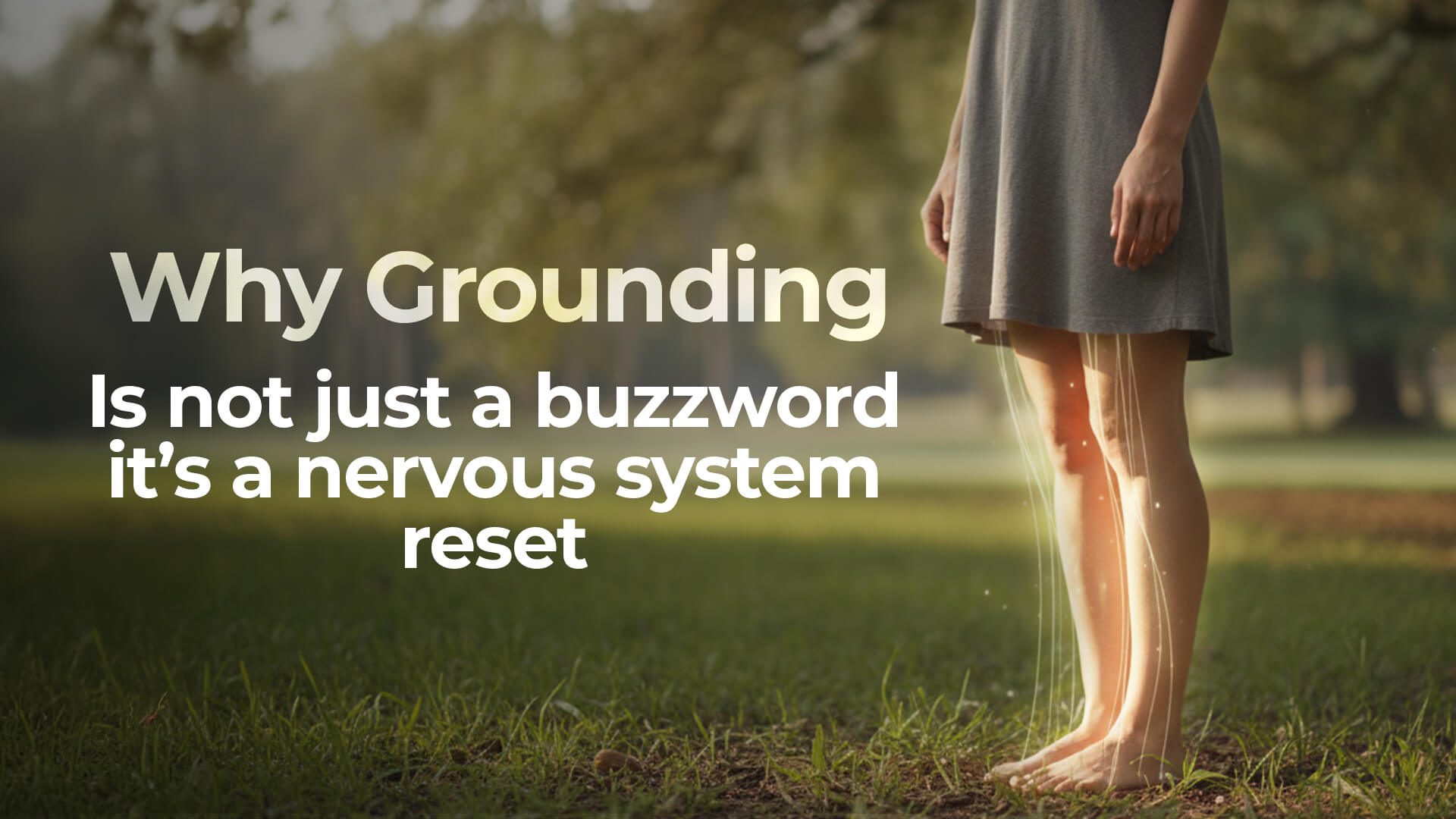Have you ever stopped to consider the challenges that leaders face in today’s fast-paced world? How do they manage pressure, nurture innovation, build strong teams, and achieve results amid such complexity? Is there a strategy that equips leaders with the skills to navigate these challenges more effectively? Mindful leadership is the answer! It’s a powerful approach that aims to provide leaders with greater awareness and intention in their decision-making.
What is Mindful Leadership?
Mindful leadership is a leadership style that emphasizes present-moment awareness, self-regulation, and compassion. It encourages leaders to cultivate a deep understanding of their own thoughts, emotions, and biases while also remaining attuned to the needs and perspectives of others.
Mindful Leadership in Action
To illustrate the power of mindful leadership, let’s explore a hypothetical scenario:
A tech company is experiencing high levels of employee burnout and turnover. The CEO, recognizing the need for change, introduces mindfulness practices into the workplace.
Employees are encouraged to participate in meditation sessions, and mindfulness training is incorporated into leadership development programs. As a result, the company experiences a significant reduction in employee stress, improved collaboration, and increased innovation.
This example highlights the transformative impact of mindful leadership on both individuals and organizations.
5 Key Characteristics of Mindful Leaders
1. Self-Awareness
Mindful leaders possess a strong understanding of their strengths, weaknesses, triggers, and emotional responses. This self-awareness allows them to manage their own emotions effectively and make clear-headed decisions.
2. Focus and Attention
Mindful leaders can maintain focus on the present moment, avoiding distractions and multitasking. This allows them to be fully present in conversations, listen actively, and make thoughtful decisions.
3. Non-judgmental Acceptance
Mindful leaders approach situations and people with an open mind and a willingness to understand rather than judge. This facilitates a more collaborative and supportive work environment.
4. Empathy and Compassion
Mindful leaders can connect with the emotions and experiences of others. This promotes trust, strengthens relationships, and inspires teams to perform at their best.
5. Emotional Intelligence
Mindful leaders are skilled at managing their own emotions and those of others. They can navigate conflict effectively, build rapport, and create a positive work environment.
5 Prime Benefits of Mindful Leadership
Mindful leadership offers a range of benefits for both leaders and their teams:
1. Reduced Stress and Improved Well-being
Mindfulness practices can help leaders manage stress, improve focus, and cultivate inner peace. This leads to greater well-being and resilience.
2. Enhanced Decision-Making
Mindful leaders can make more balanced and thoughtful decisions by being present, considering all perspectives, and avoiding impulsive behavior.
3. Stronger Teams and Increased Productivity
Mindful leaders create a more positive, collaborative, and supportive work environment. This promotes trust, improves communication, and boosts team productivity.
4. Increased Innovation and Creativity
A mindful approach allows leaders to be more open to new ideas and perspectives, nurturing innovation and creativity within the team.
5. Improved Employee Engagement
Employees feel more valued and respected when led by mindful leaders. This leads to increased engagement, motivation, and job satisfaction.
Developing Your Mindful Leadership Skills
The good news is that anyone can develop the skills of mindful leadership. Here are some practices you can integrate into your daily routine:
- Mindfulness Meditation
- Mindful Breathing
- Journaling
- Actively Listening
- Mindful Movement Practices
Regular meditation practice can cultivate present-moment awareness and emotional regulation.
Taking a few moments throughout the day to focus on your breath can help you center yourself and manage stress.
Reflecting on your thoughts, emotions, and experiences through journaling can enhance self-awareness and improve self-management.
Focus fully on the person speaking, avoid distractions, and pay attention to their nonverbal cues to improve communication.
Activities like yoga or tai chi can combine physical movement with mindfulness and promote overall well-being.
Recommended Resources
- Book: “Mindful Leadership: The Path to Balance, Insight, and Excellence” by Michael Carroll
- Book: “Search Inside Yourself: The Unexpected Path to Emotional Intelligence” by Chade-Meng Tan
Leading with Awareness
Mindful leadership isn’t about achieving a state of perfect zen. It’s about cultivating a leadership style that is grounded in awareness, self-compassion, and a genuine desire to connect with others. By developing these skills, you can become a more effective leader, inspire your team, and achieve lasting success.
The Future of Mindful Leadership
As the complexities of the business world continue to evolve, mindful leadership is poised to become an increasingly valuable asset. Here are some key trends shaping the future of mindful leadership:
- Integration with Technology
- Emphasis on Emotional Intelligence
- Focus on Well-being
- Ethical Leadership
Mindfulness practices and technology are merging, with apps and wearable devices offering tools for meditation and stress management.
As AI and automation take over routine tasks, leaders will need to focus on developing emotional intelligence to build strong relationships and inspire teams.
Mindful leadership will increasingly prioritize employee well-being, recognizing its impact on productivity, creativity, and retention.
As societal expectations shift, mindful leaders will be at the forefront of ethical decision-making and corporate social responsibility.
Challenges and Opportunities of Mindful Leadership
While mindful leadership offers numerous benefits, it’s important to acknowledge the challenges:
- Time Constraints
- Skepticism
- Cultural Differences
Busy leaders may find it difficult to carve out time for mindfulness practices.
Some may view mindfulness as a soft skill or a trend rather than a critical leadership competency.
Mindfulness practices may vary across different cultures and organizations.
However, these challenges also present opportunities for innovation and growth. By addressing these challenges head-on, organizations can create a culture that supports mindful leadership and reap the rewards.
The Final Note
Mindful leadership is more than just a buzzword; it’s a powerful approach to leadership that can drive positive change. By cultivating self-awareness, compassion, and focus, leaders can create a more harmonious, productive, and sustainable work environment. As the world becomes increasingly complex, mindful leadership will be essential for navigating challenges and achieving long-term success.
Are you ready to venture on your mindful leadership journey? Gateway of Healing offers a range of programs and resources to support your personal and professional growth. Contact us today to learn more about how mindfulness can transform your leadership style.
We invite you to share your thoughts and experiences with mindful leadership in the comments section below. What challenges have you faced as a leader? How have you incorporated mindfulness into your leadership style? Let’s connect and inspire each other!
Reach Dr. Chandni’s support team at +918800006786 and book an appointment.






































